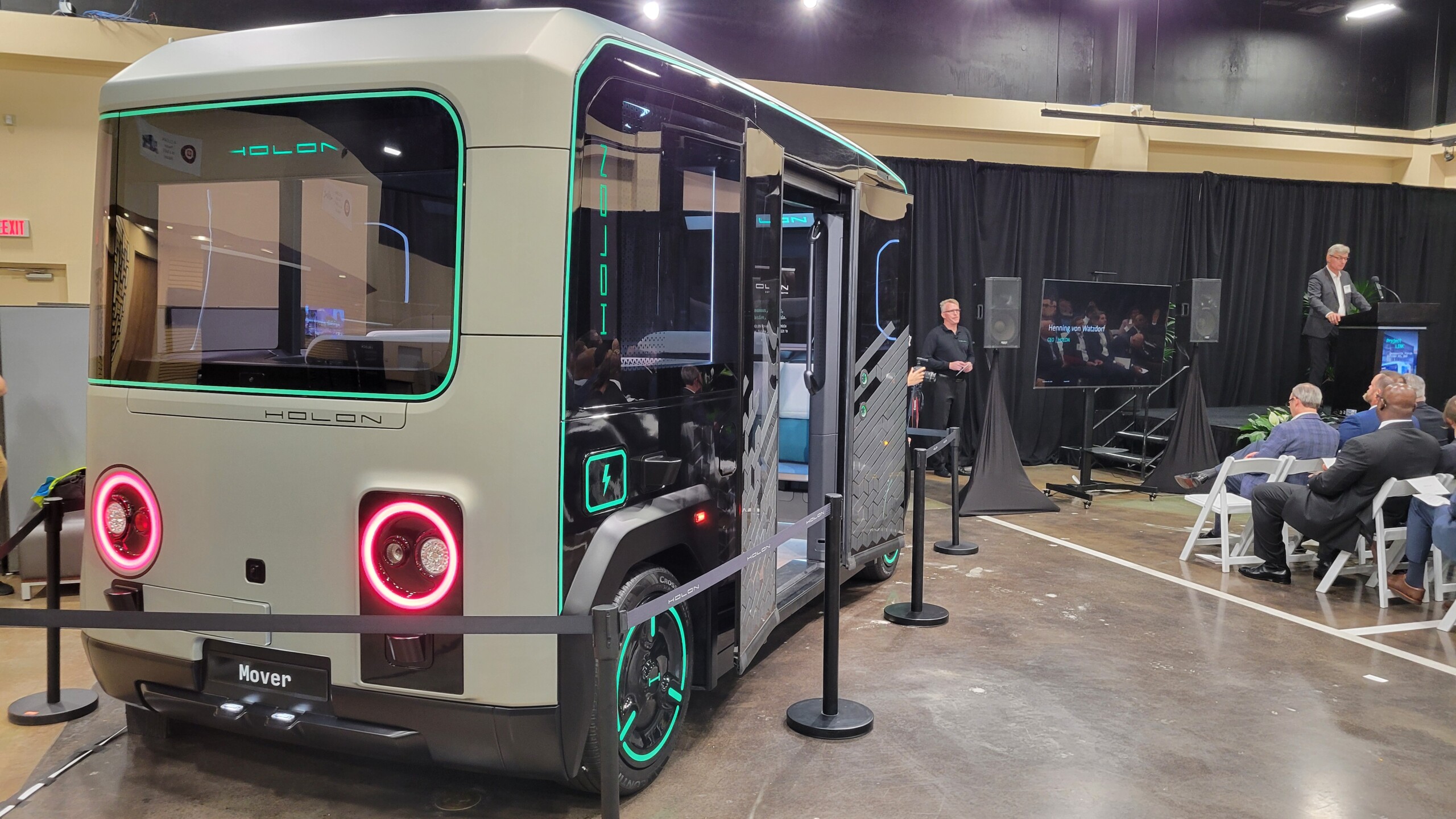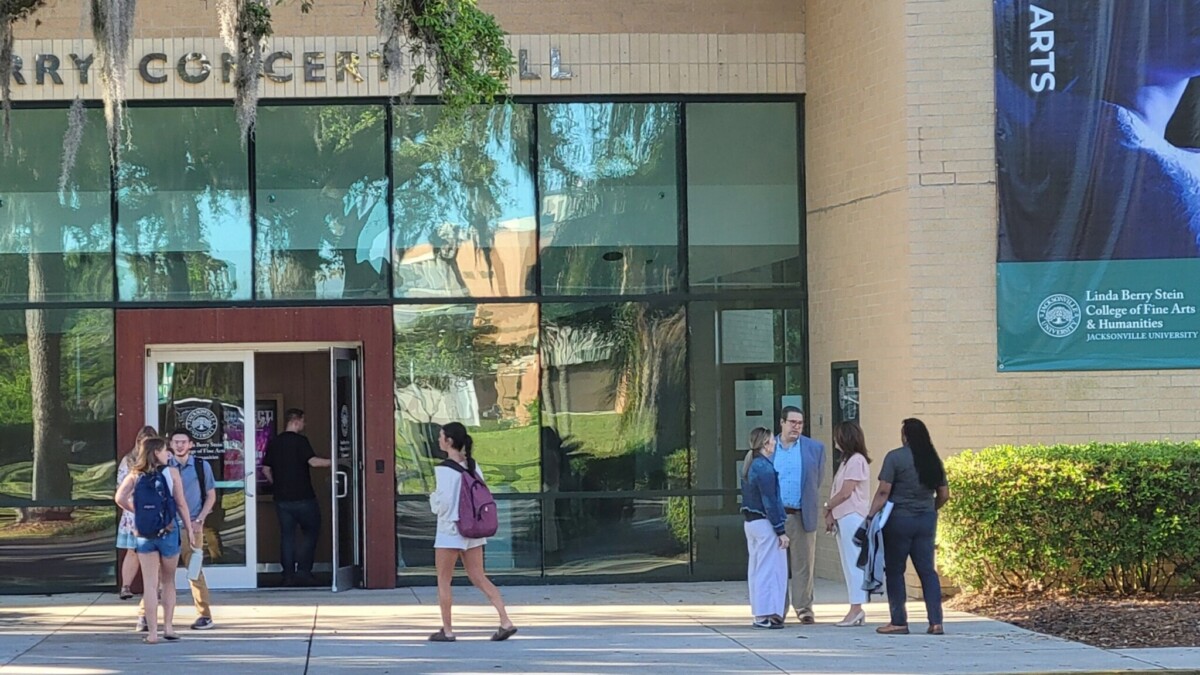The Jacksonville Transportation Authority plans to buy 14 self-driving electric vehicles for use Downtown and reserve up to 100 in all.
The JTA board voted Tuesday to authorize CEO Nat Ford to buy the first 14 Holon autonomous shuttles for use on the Ultimate Urban Circulator on Bay Street and other Downtown roads.
The vehicles will be produced in Holon’s first U.S. assembly plant, which it is building on Zoo Parkway on the Jacksonville’s Northside. The plant is projected to create more than 800 jobs and almost $300 million in local economic impact over four years, JTA says.
The first 14 vehicles will cost an estimated $5.8 million, JTA officials told the Jacksonville Daily Record, a Jacksonville Today news partner. Ford was authorized to negotiate purchase terms for the other vehicles.
“This is a major step forward for the Ultimate Urban Circulator program and for Holon’s presence in Jacksonville,” Ford said in a statement. “It is a testament to our commitment to reimagining mobility in a way that fuels economic growth and fosters innovation.”
Right now, JTA is using autonomous electric Ford vans to test how the Ultimate Urban Circulator — known as U2C — works on a 3.2-mile stretch between LaVilla and EverBank Stadium.
The vehicles have laser, sonar and radar guidance and detection systems to navigate around cars and pedestrians, interact with each other and react to stoplights and crosswalks. A JTA staffer is riding to monitor the operation and take over if necessary.
Passenger service is scheduled to start in June with 14 of the Ford vans. No date has been set for when the Holon vehicles would take over.
The vehicles will be monitored from the Autonomous Innovation Center, a new two-story building scheduled to open Thursday at 650 W. Bay St., near Broad and Water streets in LaVilla.
The center has covered space for autonomous vehicles recharging between their Downtown trips. Upstairs, staff will monitor the U2C vehicles via their on-board cameras and other video systems along the route.
The U2C’s second phase will expand to use the existing 2.5-mile Skyway system’s overhead tracks in Downtown and San Marco, converted to handle the Holon movers. No date has been set for the second phase.







